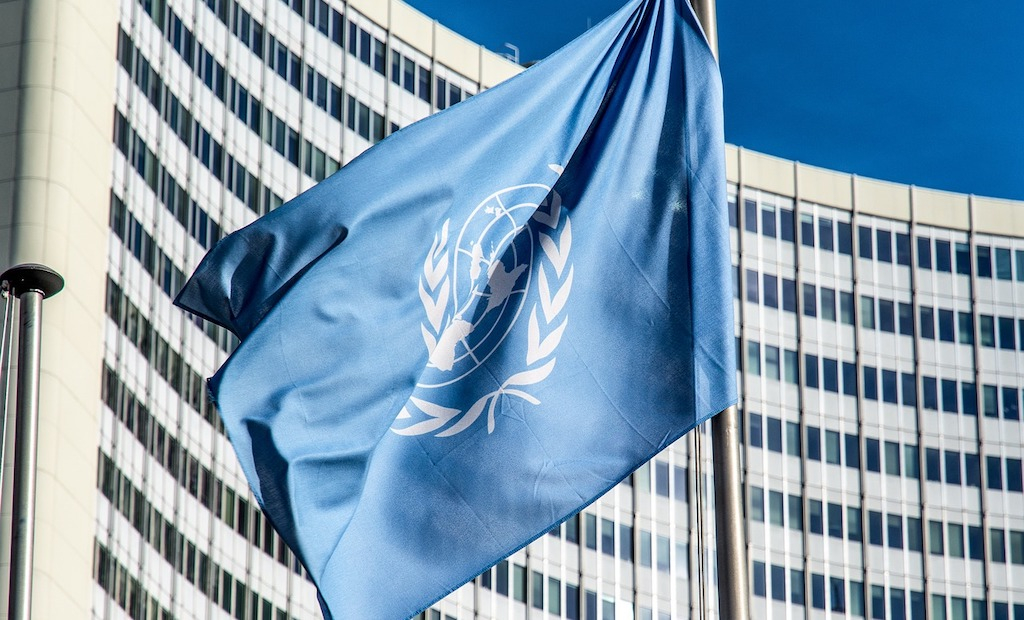Omar al-Bashir to address UN despite indictment

With the upcoming UN General Assembly gathering in the US, Sudanese President Omar al-Bashir has stirred up a lot of uncomfortable emotions. His appearance would be welcomed with interest.
The “uniqueness” of his case is that he would become the first head of the state to address the UN gathering despite facing charges on international war crimes and genocide.
The International Criminal Court (ICC) has indicted al-Bashir for the crimes on the account of the conflict that took place in Darfur (Sudan). Since 2003, nearly 300,000 people have died and human rights abuse has been rampant.
Bashir stirred up a lot of controversies recently when he applied for US visa; he is expected to speak next Thursday.
Response from the US
The US doesn’t want him to either show up or speak, but is bound by a UN treaty dating back to 1947. Under the treaty, they are obligated to issue visas as the host country. No visiting head of state has been denied entry, ever.
There are numerous considerations in play regarding President Bashir’s visa request. Human rights organisations and local groups call for his arrest when he lands in the country.
There are some legal matters regarding international law in play, especially the alien tort law and the Rome Statue Treaty. The Rome Statue Treaty deals with the country’s resolve against four international crimes including genocide, crimes against humanity, war crimes and crimes of aggression. Both the US and Sudan are non-signatories of the treaty.
Using the Alien Tort Act
On a local level in the US, the alien tort law is actually pretty similar to the legislation in charge of slip and fall injuries, under which “liability” is set towards the owner. Compensation has to be given if it is established that the injury took place on the defendant’s property. The personal injury law, when translated to an international scale, can be seen in the form of the alien tort law.
The Alien Tort Statute refers to the survivors of genocide and crimes against humanity who are denied compensation for their suffering. In the US, the law can be used to file civil lawsuits against those perpetrators who are rarely punished for crimes in violation of the law of nations or a treaty of the United States.
Civil rights groups are seeking to charge President Bashir for torture and/or genocide under the Alien Tort Act. The precedent being drawn is that human rights lawyers have been using the Act to file civil suits by Americans or foreigners against foreign nationals who come to the US after having committed human rights abuses abroad.
For instance, a number of Colombians in the US recently filed civil law suits against an international brand Chiquita for killing Colombians during the country’s decade-long civil war.
There are sceptical opinions as well which point out that the US itself hasn’t ratified the Rome Statute, which deters nations from committing heinous crimes against humanity. However, the experts respond that they haven’t ratified it in order to protect the American citizens, especially military members, from being indicted for the wars they have been fighting in Iraq, Afghanistan, etc. They also point out that the US is a signatory to the Genocide Convention which has similar statutes.
Despite all the discussion, it is still unclear what al-Bashir’s motives are for coming to the General Assembly. Similar protests were seen when he made an appearance at the African Union Summit in Nigeria two months ago. However, he returned home without much hassle in the wake of protests and lawsuits.
The editorial unit






















Facebook
Twitter
Instagram
YouTube
RSS